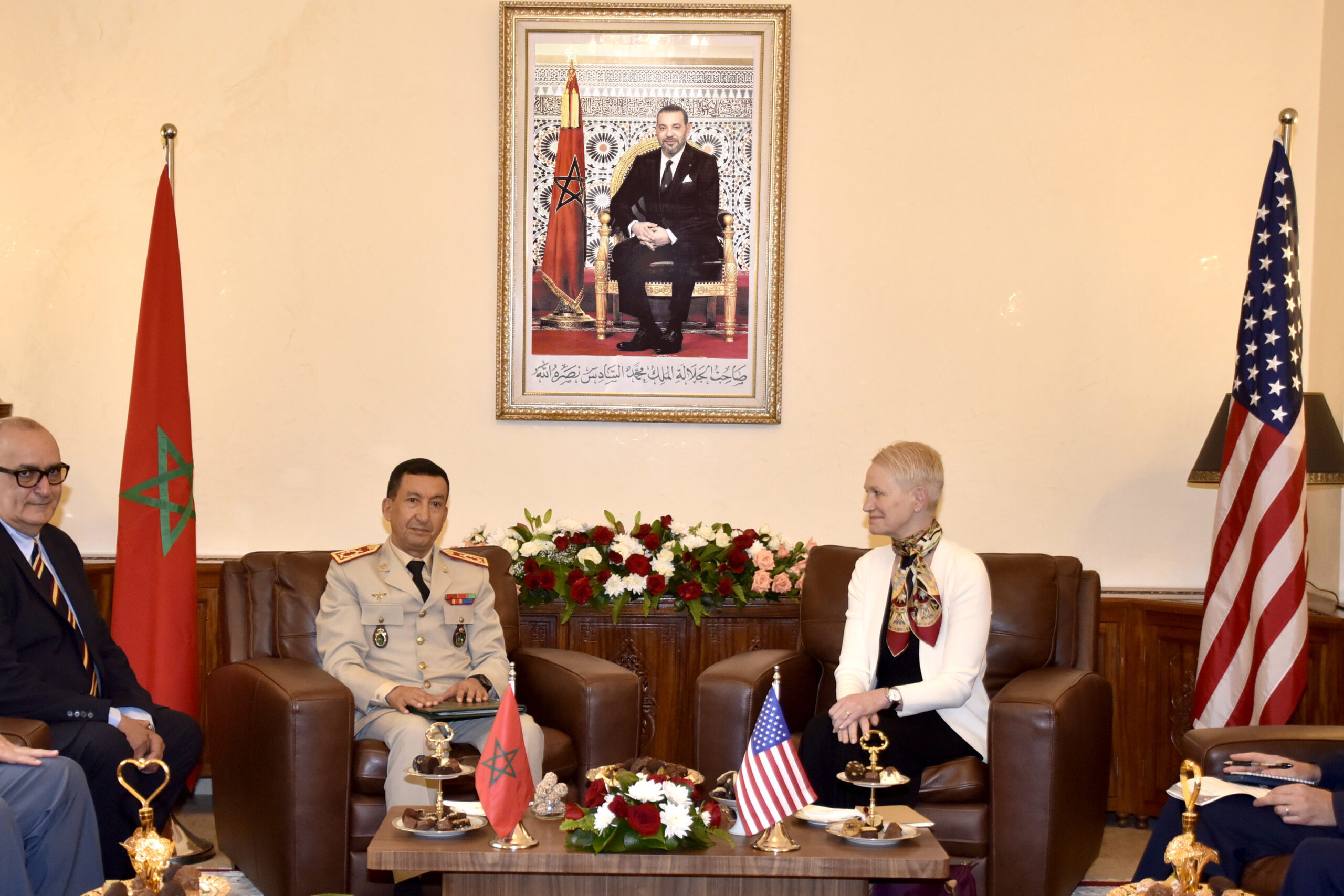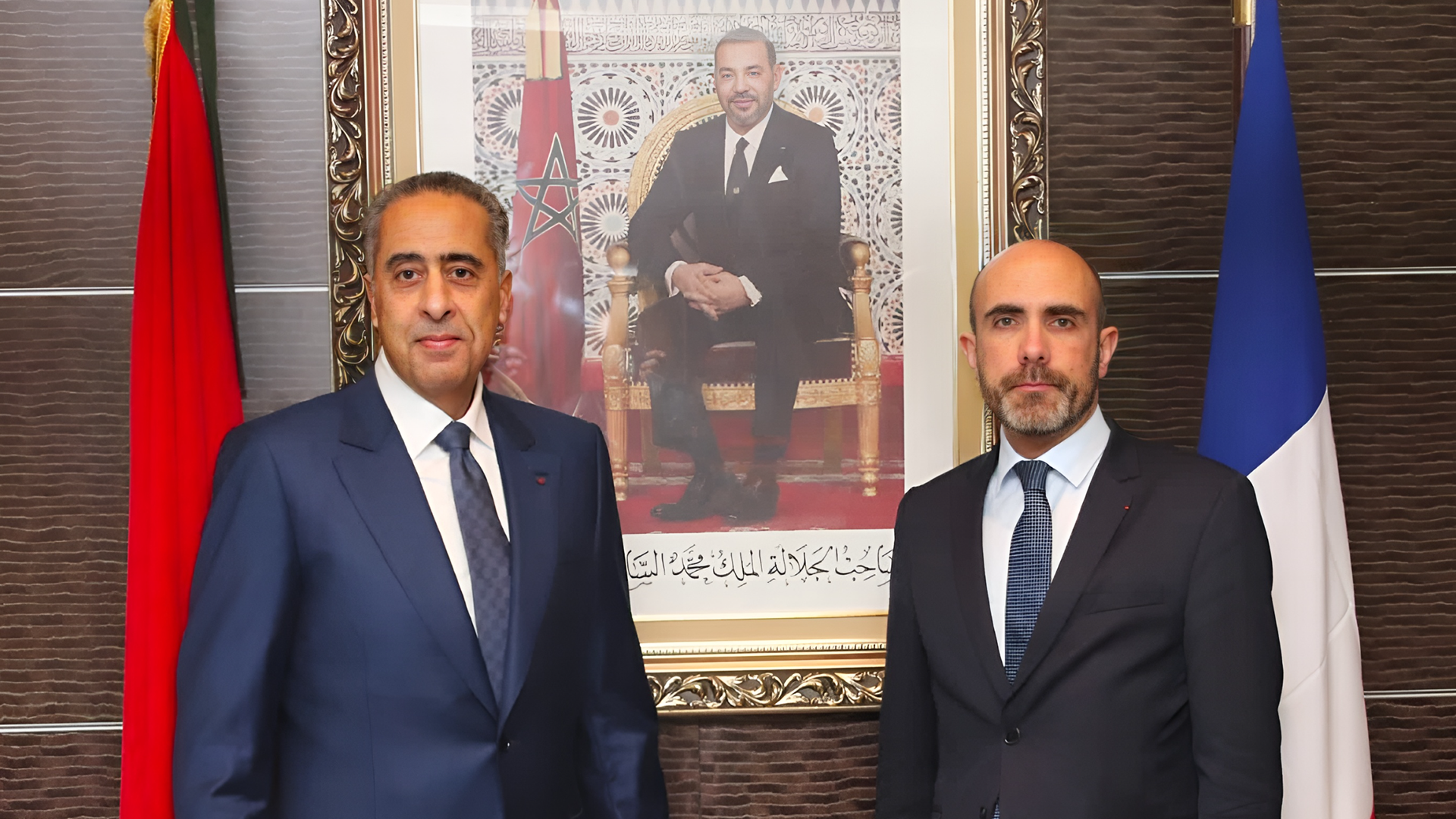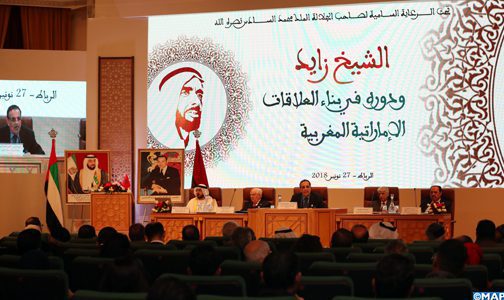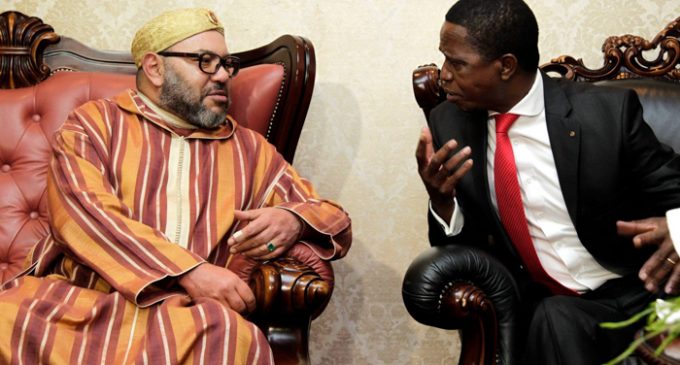The Moroccan-American Defense Consultative Committee, which held two working meetings this week in Rabat, signed on Tuesday, May 21, at the headquarters of the General Staff of the Royal Armed Forces (FAR) the roadmap for bilateral military cooperation.
The military cooperation roadmap includes the guidelines to follow for the implementation of the activities agreed upon at the 13th session of the Morocco-U.S. Defense Consultative Committee (DCC), the General Staff of the FAR said in a press release.
At the end of the second working meeting of the Morocco-U.S. DCC, decorations, awarded by King Mohammed VI, Supreme Commander and Chief of the General Staff of the FAR, were handed to three American officers in recognition of their efforts to develop and promote Moroccan-American military cooperation.
The decorated officers are Major General Daniel Boyack, Commander of the Utah State National Guard, Lt-Colonel Teremuura Shamel, Chief of the Office of Security Cooperation (OSC) at the American Embassy in Rabat, and Major Christopher Tarbet, of the Office of Security Cooperation (OSC) at the American Embassy in Rabat, in charge of bilateral affairs.
In execution of the High Royal Instructions concerning the holding of the 13th Session of the DCC, Lieutenant General, Inspector General of the FAR and Commander of the South Zone, Mohamed Berrid, received on Monday, at the FAR General Staff headquarters, the U.S. Assistant Secretary of Defense for International Security Affairs, Celeste Wallander, who is on a working visit to the Kingdom May 17-22 at the head of a large military delegation.
The Defense Consultative Committee provides a platform for strategic dialogue on crucial regional security issues, and outlines future action plans with AFRICOM and the Utah State National Guard, as well as capacity-building projects managed by the Defense Security Cooperation Agency (DSCA).
Moroccan-American military cooperation is governed by bilateral Agreements, Memoranda of Understanding, and Technical Arrangements, which set out the terms and conditions of cooperation.



